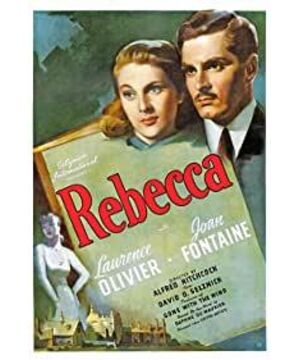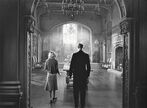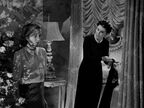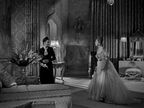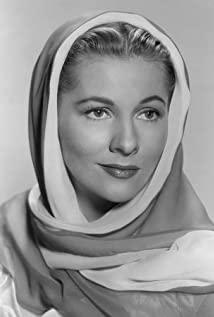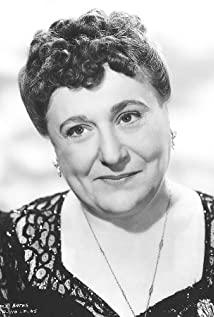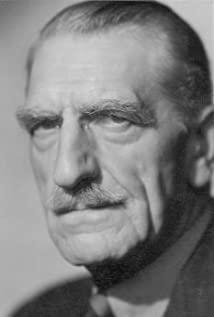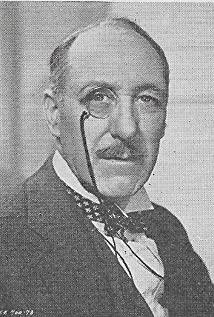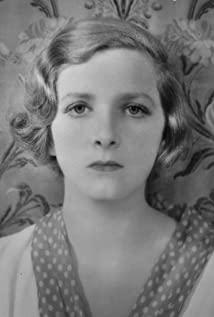It's amazing, a film with such a high degree of completion was made more than 80 years ago, and the audio-visual language is extremely mature. The image of Rebecca gave me a deep understanding of what Lacan and Zizek called the "vacancy", which does not exist but occupies an important position and plays a role in regulating desire. Because Rebecca gradually formed a estrangement between herself and the male lead, she felt that the male lead loved her ex-wife. She was so perfect that she couldn't compare to anything else. Rebecca restricted the female lead everywhere like a superego prohibition. the id. The image of the maid is also very interesting. She is a vassal of Rebecca and is unwilling to accept the reality of Rebecca's death. The clip of encouraging the heroine to jump off the building is really brilliant. It doesn't matter whether Rebecca really didn't want to drag her husband down because of cancer and accidentally fell to her death, or whether the male protagonist deliberately concealed the fact that he killed Rebecca, these are just plots that play a role in connecting the narrative, not promoting the characters The desire to act is key.
Hitchcock really had two brushes.
The story begins with an ordinary woman marrying into a wealthy family and getting rid of a mean employer. The middle section is interspersed with the story of how a humble woman lived a cautious life in a wealthy family, trying to regain her self-confidence and be on her own. The second half is a man tearing apart the illusion of a good marriage and telling his beloved about the bitter past of being deceived. The last paragraph is the story of how to avoid danger in the face of false court accusations and extortion by acquaintances. Each story attracts the audience to see whether these things can be handled completely and whether the heroine's good plan can be realized, which keeps the audience in a high level of excitement, that is, a state of suspense and a sense of atmosphere.
View more about Rebecca reviews


